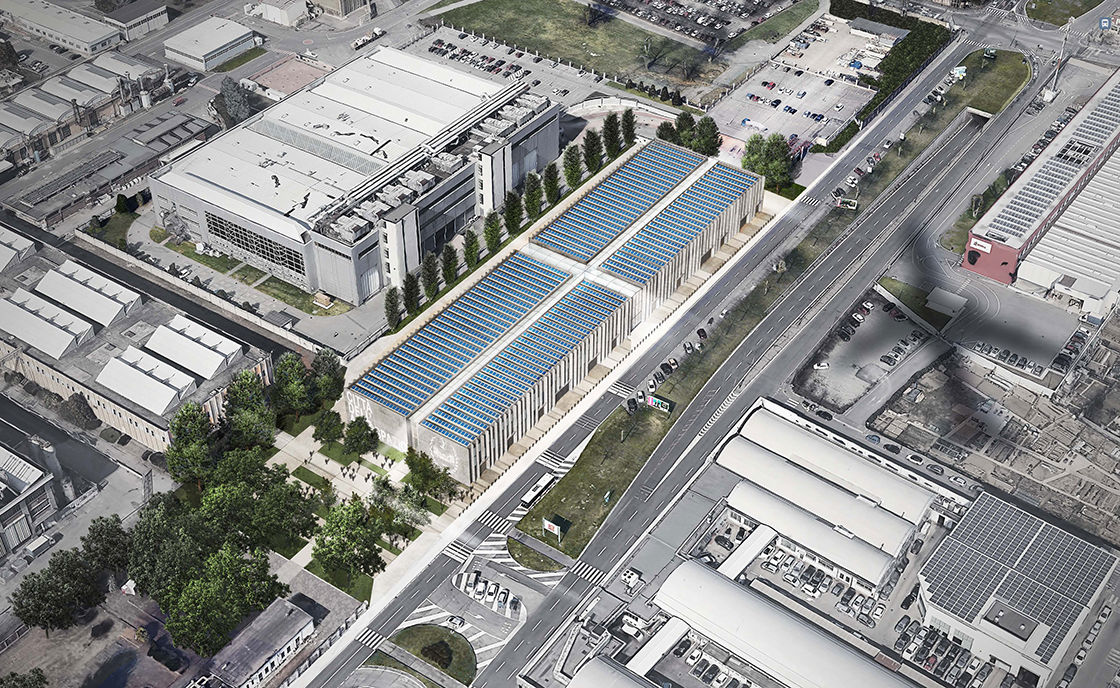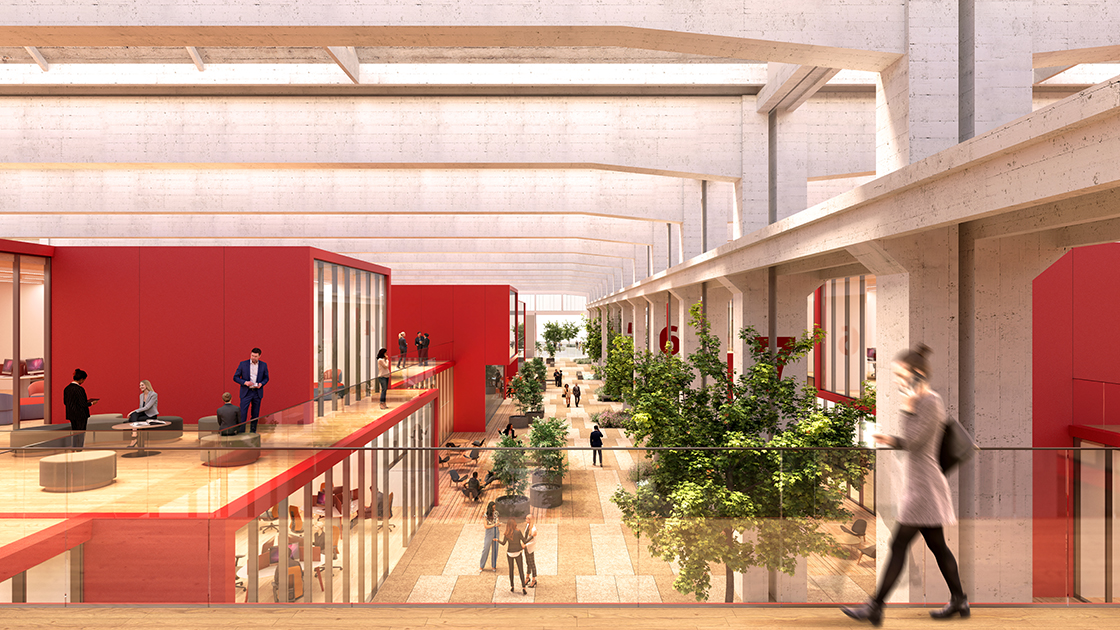In Corso Ferrucci 122, Turin, on the wall of what used to be Aristide Faccioli’s Società Piemontese Automobili (SPA), there is now a plaque recalling the first flight of an Italian motor-powered aircraft over the fields of the Venaria Reale, the former royal hunting lodge of the House of Savoy (though some claim the event actually took place at Mirafiori). It was the year 1909, and the aircraft was the Faccioli triplane no. 1, the first entirely Italian-made airplane, making Italy a pioneer in the adventure of human flight, only a few years after the Wright Brothers’ famous exploits.
This first, very brief flight by Aristide Faccioli marked the beginning of an industrial tradition that has seen a growing concentration of “progenitors” of today’s Italian aeronautical and space industry in Piedmont, with a supply chain of outstanding excellence generating revenues of approximately 8 billion euro annually and employing about 35,000 people in the region. Some of the companies involved – such as Ansaldo Aviazione or FIAT Aviazione and Spazio – have since become a part of the industrial heritage of Leonardo, which now operates in the area alongside other players in the sector such as Avio, Altec and Thales Alenia Space.



